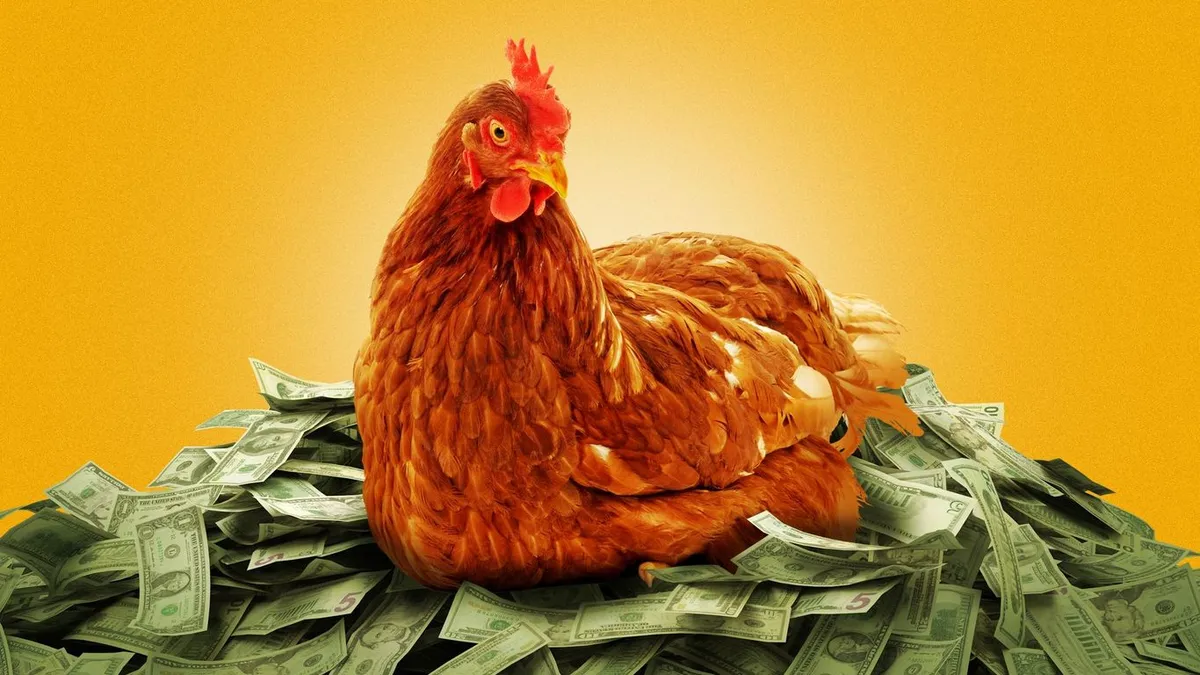
The political landscape often shifts with the power of words, and recently, a catchphrase linked to trade policies has caused quite a stir in the Oval Office. The phrase in question is the “TACO trade,” which has emerged from a column and has garnered significant attention. President Donald Trump was confronted with this term during a press briefing, marking the first time he was asked about it directly.
During the press briefing, when asked about the TACO trade, Trump referred to it as the "nastiest question." This reaction highlights the growing tensions surrounding trade discussions and the implications of such catchphrases in political discourse. The term "TACO" is being used in relation to Trump's fluctuating stance on tariffs, which has raised eyebrows among both supporters and critics.
Trump's displeasure was not just about the phrasing, but also about the underlying sentiment that Wall Street has associated with his trade negotiations. Reports have surfaced indicating that many on Wall Street believe Trump often "chickens out" when it comes to implementing tariffs, leading to a perception of inconsistency in his trade policies. This notion has further complicated the discussions around the TACO trade and its implications for the economy.
In response to the criticisms, Trump firmly stated, “It’s called negotiation,” defending his approach to trade agreements and tariffs. He emphasized that his methods are strategic and aimed at achieving the best outcomes for the United States. This insistence on his negotiating style suggests that he views the criticisms as part of the broader political narrative rather than an accurate reflection of his trade policies.
The media's portrayal of Trump's trade tactics has contributed to public perception, with various outlets discussing the implications of the TACO trade. As discussions continue, it is evident that language plays a crucial role in shaping opinions and reactions regarding Trump's policies. The term has not only caught on in media circles but also sparked further debates about the effectiveness of his trade strategies.
The TACO trade controversy serves as a reminder of how impactful a simple phrase can be within the political arena. As President Trump navigates the complex world of trade negotiations, the language used to describe these efforts will continue to influence both market perceptions and public opinion. The ongoing dialogue around tariffs and trade will likely evolve, but the TACO trade is a clear example of how words can create significant waves in the political landscape.